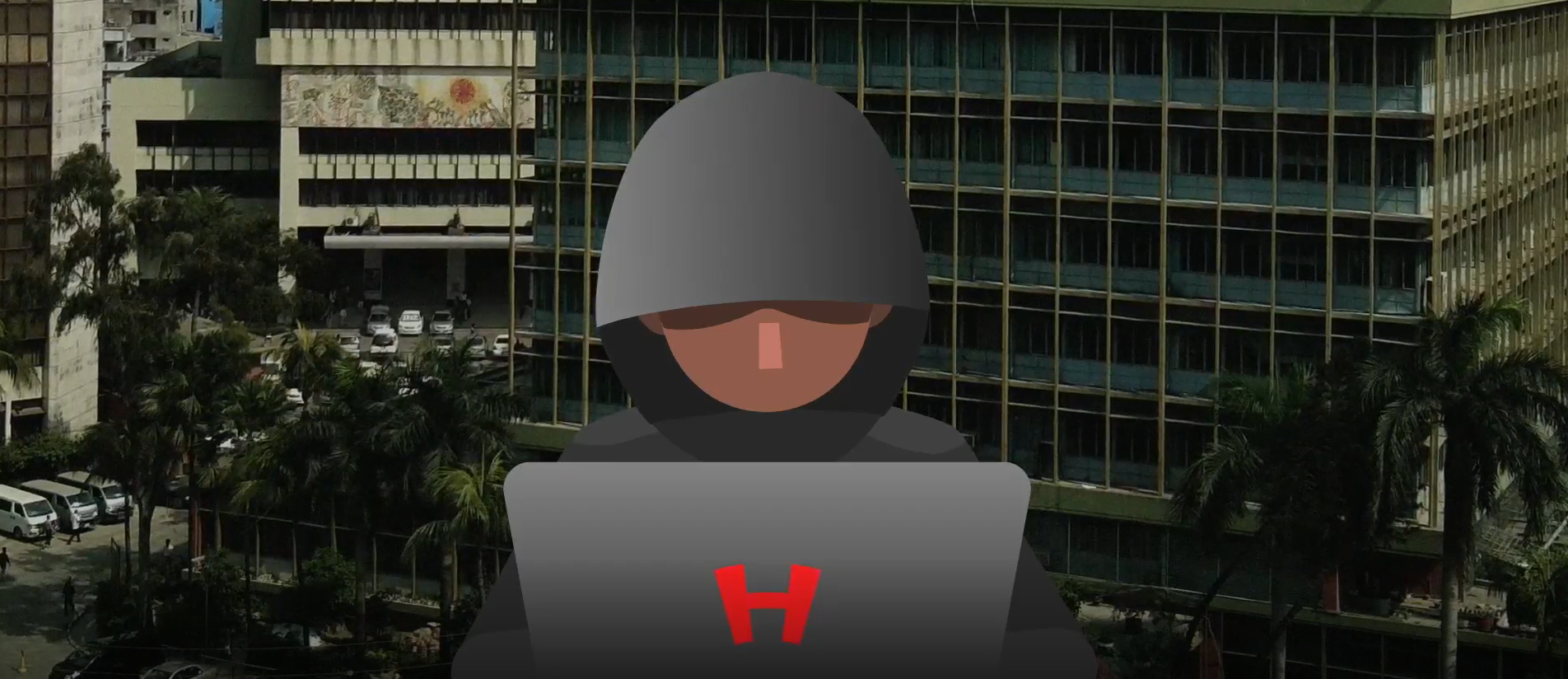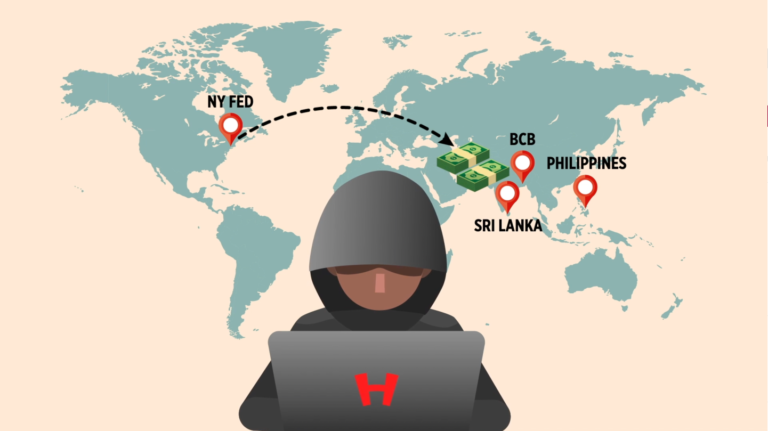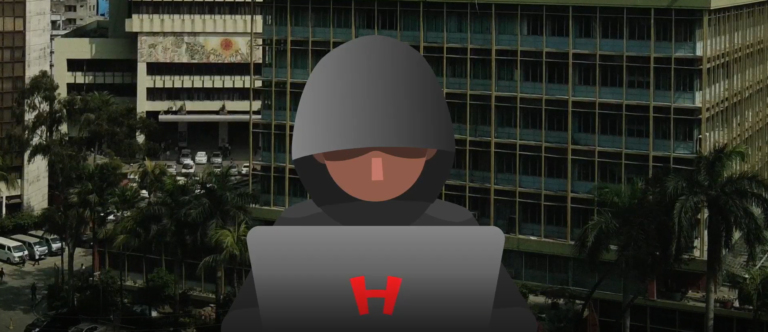Transcript
If we are thinking like an old school movie where a cowboy goes robbing a bank with a cool mask on and a big knapsack on his back. But however strong he might be, he can only take away what he can physically carry. In fact, that’s the component of a lot of these bank heist movies in which the physical weight of the money is actually a challenge. They have to balance the risk of getting caught, the speed of getting away, and the actual gains from the robbery. Anyway, it’d be an action-packed scenario.
But what we are seeing in this scenario is that the hackers shot the money all around the world to different accounts. Some of that landed, and some didn’t. And they could pull the money out successfully through continuous transactions. Unlike a physical bank heist where you might walk away with a few thousand dollars, in this particular instance, although most of the transactions were unsuccessful, they still received $81 million.
If you think about a traditional bank robbery, most if not all of the time, you only get one chance at it. But in this cyber heist situation, there were 40-plus instructions trying to get through. If you think about it, it’s almost like a spam email.
If you recall the principle of proximity, a lot of human decisions about whether or not to do something for a moral reason come down to the concept of proximity. Let’s say you’re going to walk into a store to steal a candy bar. You have to worry about the physical proximity of walking past the person and the psychological pressure of going against societal rules.
But in this particular instance, it seems like some guys are sitting in some random country somewhere doing the act. They’re not going to see the outcome, nor understand who they’re harming. It’s going to be disparate, and the opportunity of catching them is very low, so the cost per infraction is minor. Therefore once they figured out the code or the script to hack the system, they just went on sending them over and over again, and waiting for the money to come.
The geographical distance from the location of the crime to where this person might be could be massive. It removes the connection with humanity which then makes it easier to perpetrate certain activities.
Yet it’s not only the psychology of moral decision-making but also the practical elements of enforcing the laws. If the criminals get better and more efficient with the utilisation of FinTech, it’s harder for law enforcement departments to catch them.
One of the large initiatives that many nation-states and governments are trying to rely on now is the cybersecurity cooperation between countries. Because of the nature of these illegal activities, it’s very difficult to coordinate information investigations as well as prosecute people potentially doing wrong. In this case, Bangladesh was involved, The US was involved, The Philippines was involved, and Sri Lanka was involved. And because of the transnational aspect, it’s very difficult for a single nation to deal with and manage the problem.



